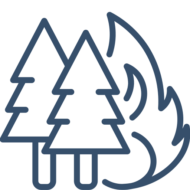
Walker Lab Disturbance and Ecosytem Ecology
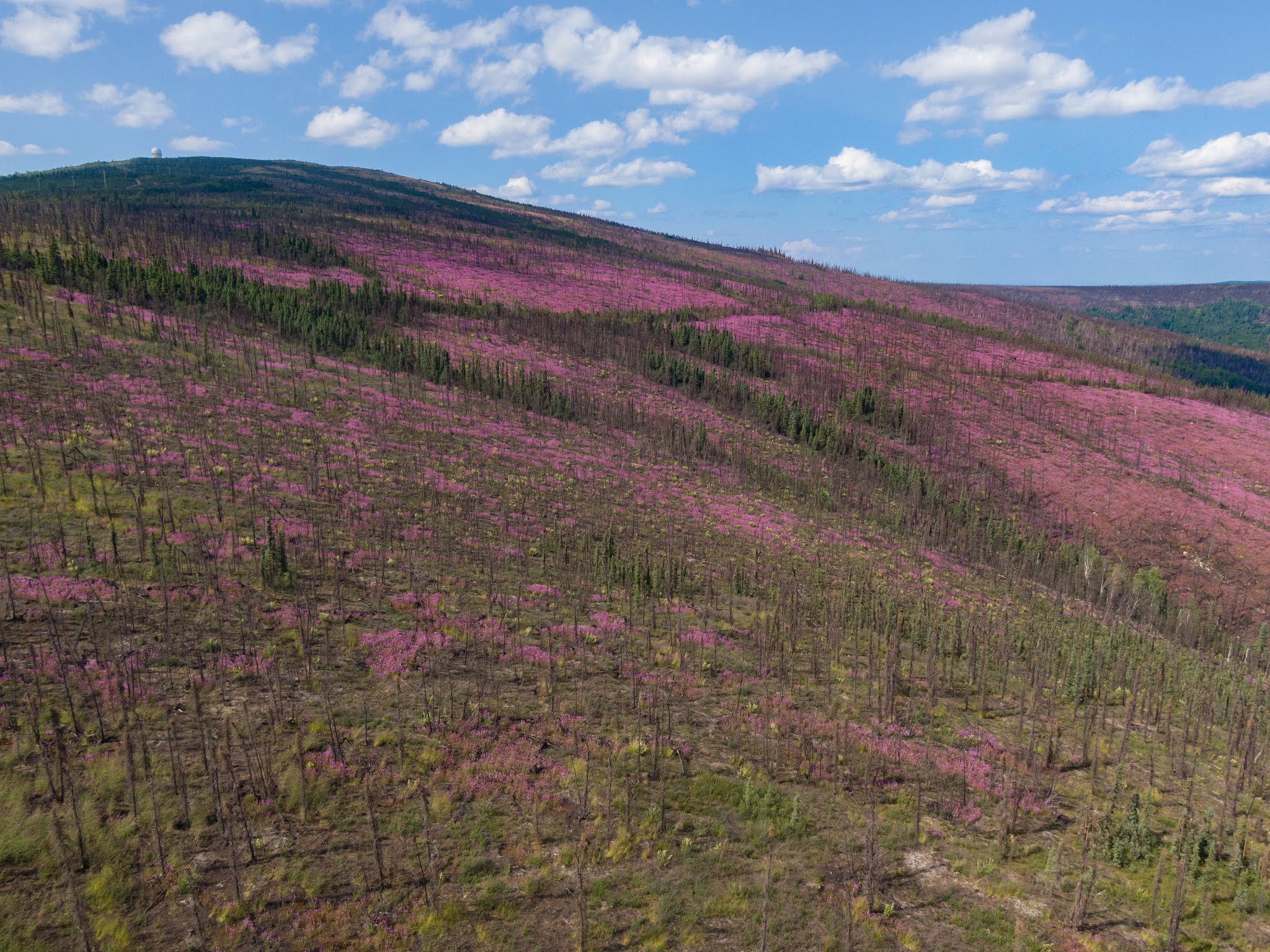
Current Research Projects
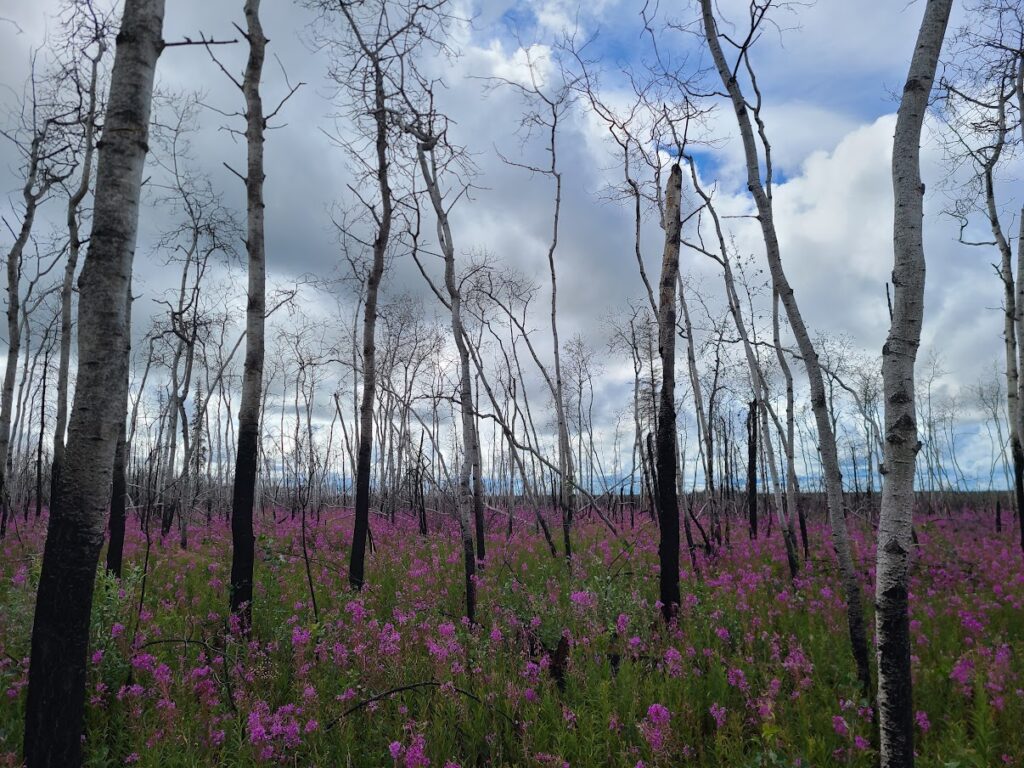
Legacy Carbon
We are investigating how increasing wildfires impact the long-term carbon storage of boreal and Arctic ecosystems. Carbon in these ecosystems is primarily stored in soils and periodic wildfires release some of this carbon to the atmosphere. Soil carbon that escapes burning is called ‘legacy carbon’. The intensification of wildfires can combust legacy carbon and shift northern ecosystems from a carbon sink to a carbon source to the atmosphere. Our field based research aims is to determine the processes that control legacy carbon combustion.
Fire Self Regulation
This research seeks to understand how vegetation change associated with increasing boreal forest wildfires and climate warming will impact future fire activity. We are combining field and remote sensing data to quantify decadal patterns of burning and estimate the direction and magnitude of self-regulation processes under different climate and ecoregion conditions.
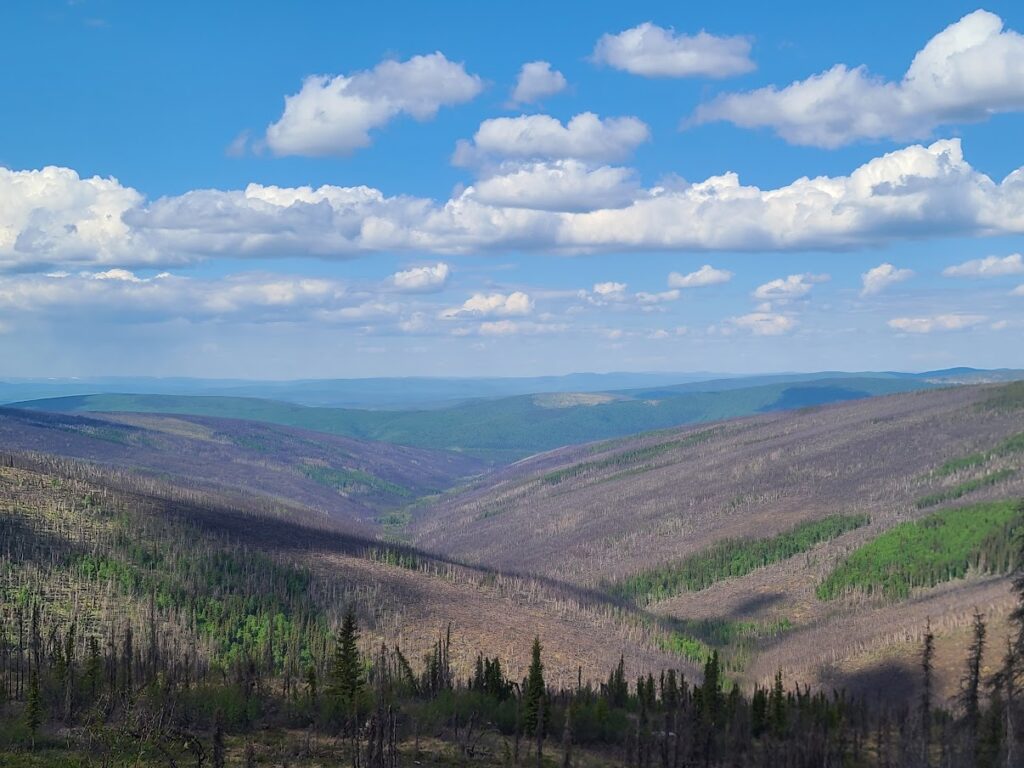
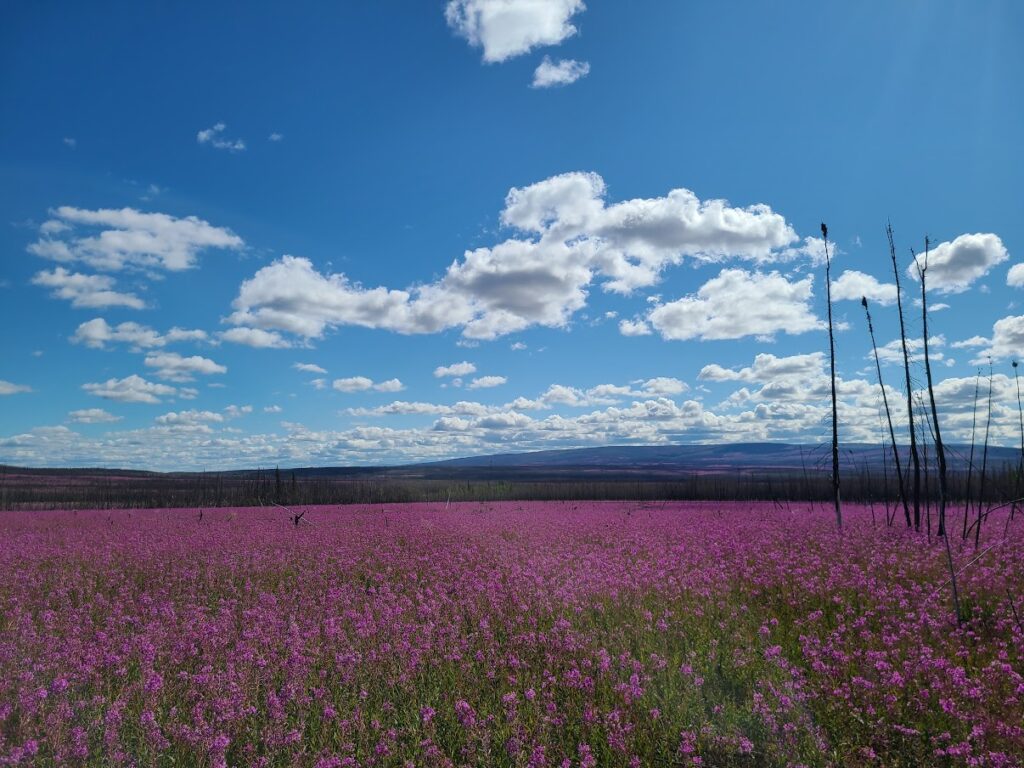
Drivers and Impacts of Reburning
This project aims to determine where and when reburning occurs and determine the consequences of reburning for post-fire successional trajectories. We are combining field and remote sensing data to assess the dynamics of reburning across four ecoregions of the boreal forest.
Sustainable Fuelbreaks
We seek to improve our understanding of short and long-term ecological effects of fuel treatments and maintenance requirements. We will estimate rates of fuel recovery across different types of fuel treatments and ecoregions and use experiments to test whether vegetation successional trajectories can be directed toward creating longer-lasting treatments with lower maintenance costs.
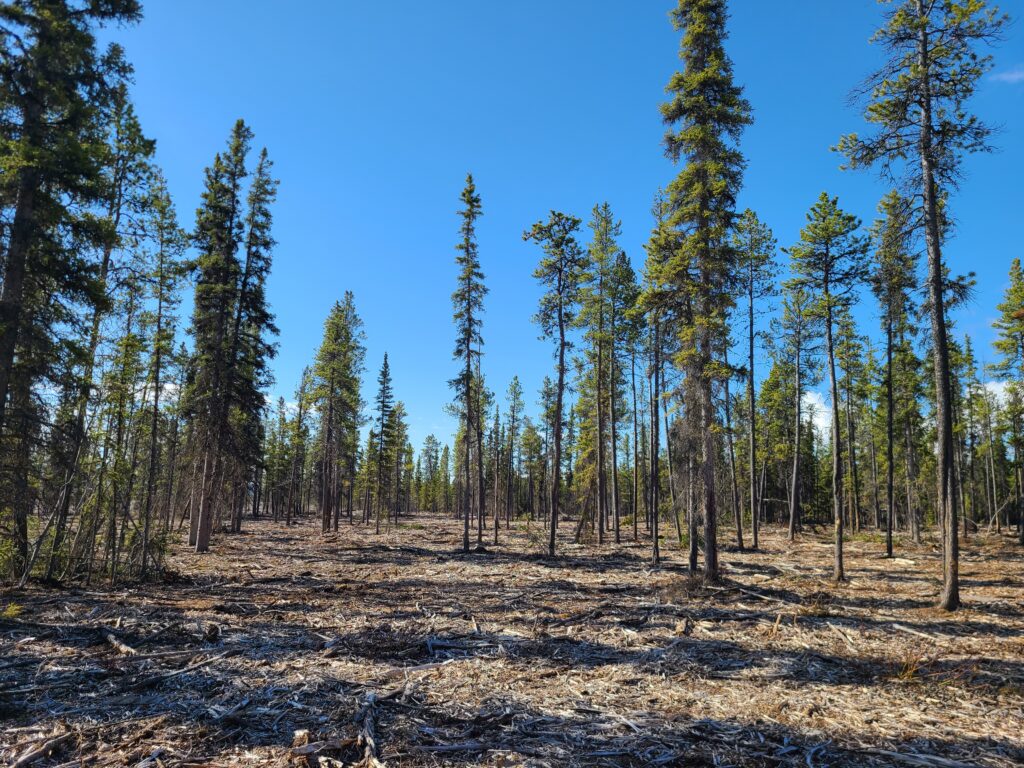
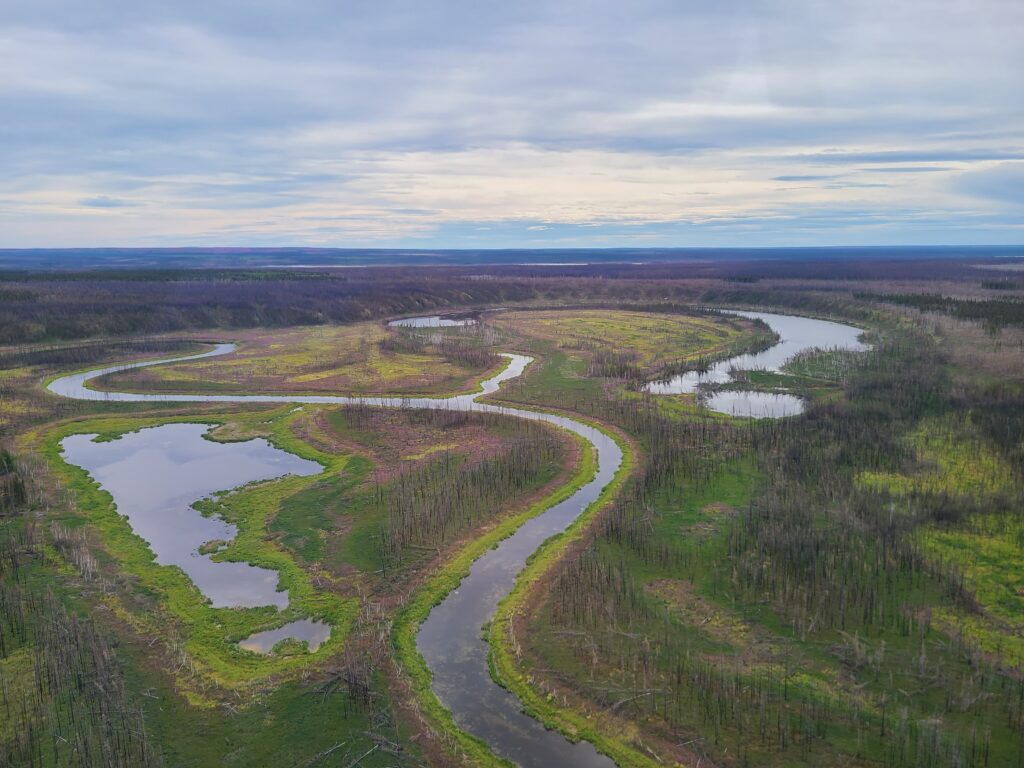
Bonanza Creek Long Term Ecological Research
Our research within the BNZ Creek LTER focuses on how:
1) intensifying fire regimes are reshaping the structure and function of Alaskan boreal forests.
2) population dynamics of consumers interact with climate change to shape patterns of ecological succession
3) fires and ground ice impact thawing permafrost and the loss of C to the atmosphere